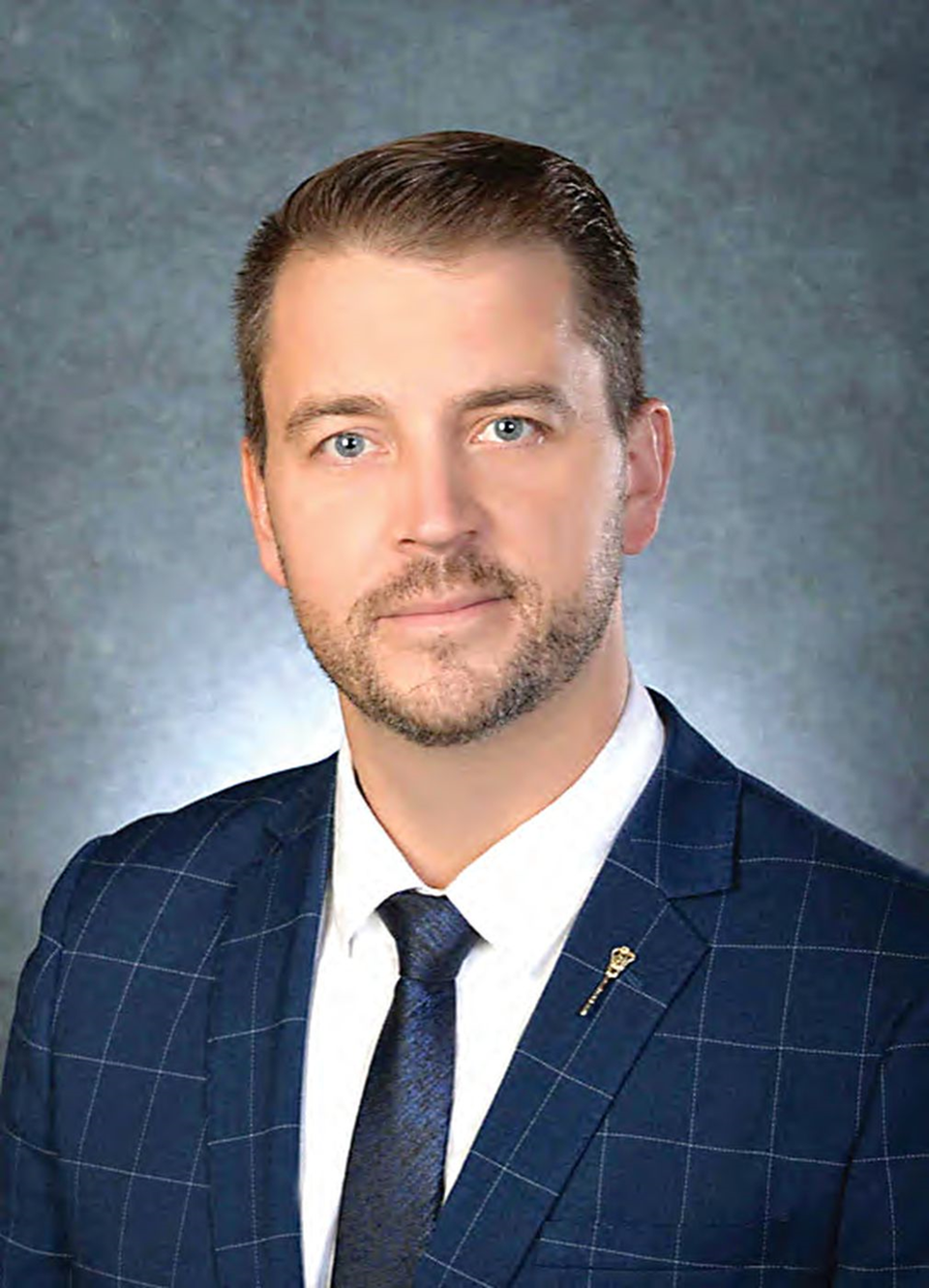After completing the Saskatchewan International Physician Practice Assessment (SIPPA) program in June, 16 new physicians began practicing in rural Saskatchewan this summer.
Out of the 16 physicians, three are working in our region: Dr. Omid Yahyazadeh in Canora, Dr. Hamed Dallali in Kamsack and Dr. Homa Ramezani in Preeceville.
“The program has been a great success for the province of Saskatchewan. We welcomed the 16 doctors and their families to our growing province,” said Tim McLeod, Minister of Mental Health and Addictions, Seniors and Rural and Remote Health.
Since the program launched in 2011, Saskatchewan has been able to attract and retain 283 family doctors across the province.
“They get to choose where they want to go, but we certainly try to make our rural centres attractive for them and it’s been a great success so far,” McLeod said.
“Over the course of the program, we have trained a little over 500, but 283 remain.
“That’s a pretty high rate of success I would say.”
With the SIPPA program being unique to the province, McLeod explained the process for how the program works.
“The SIPPA program assesses internationally trained doctors on their medical education and clinical ability, as part of the licensure process to practice medicine in our province,” said McLeod.
“These are doctors who trained and were practicing in other jurisdictions around the world.
“Including these 16 new doctors, we now have 283 family physicians currently working in our province as a result of this program.
“We certainly think it’s a very successful program, and of note, 77 per cent of those 283 family doctors are working in rural communities and not in our major urban centres.”
Feedback received on SIPPA program
McLeod was asked if there are any challenges in attracting international doctors through Saskatchewan’s SIPPA program.
“I think that’s a broader question about the attractiveness about the province in general,” he said.
“I certainly think the growing province, and the strong economy is an attractive feature for these doctors and their families.
“Anyone who lives here knows that Saskatchewan is a great place to live in, to work, and to raise a family.
“We certainly do our best to make it known to these doctors that this is a great place to come, and 283 of them have agreed with us.”
McLeod spoke about the feedback he has heard from the communities of where the SIPPA doctors are working now.
“It’s been positive feedback. We have a variety of incentive programs to try and draw physicians and nurses of all designations to our rural communities,” said McLeod.
“This is one of those, and I think the feedback we are getting from the communities is that they appreciate our efforts to retain and incentivise these positions, so that they can be fully staffed with the physician positions they require.”
The SIPPA program falls under the province’s Health Human Resources (HHR) Action Plan which focuses on bringing and retaining more healthcare workers in Saskatchewan.
“We have the four-point plan to recruit, to train, to incentivise, and to retain, and that plan is working,” said McLeod.
“We’re seeing success on all fronts. We’ve recruited doctors and nurses from other jurisdictions. We’re training more, we have more seats available at our post-secondary institutions.
“We’ve got incentive packages to try and incentivise hard-to-fill positions, particularly in our rural and remote jurisdictions.
“We’ve retained a lot of medical professionals by converting some part-time positions into full-time positions, and making those more attractive for them.”
McLeod was asked how many more internationally trained doctors are expected to be practicing in Saskatchewan by the end of the year.
“The SIPPA program assesses physicians three times per year, and they have a capacity to assess approximately 45 every year,” he said.
“We’re hopeful that the next bunch would certainly bring in a similar number. I don’t have those numbers available to me yet.
“We’re very proud of this program. This is an amazing Saskatchewan program that I’m not aware of other jurisdictions doing the same thing.
“There may be, but this program in particular is home-grown, and we’re very proud of it.”
Don't count on social media to deliver your local news to you. Keep your news a touch away by bookmarking Canora Courier's homepage at this link.
Here's why you should bookmark your favourites.
Bookmark SASKTODAY.ca, Saskatchewan's home page, at this link.




